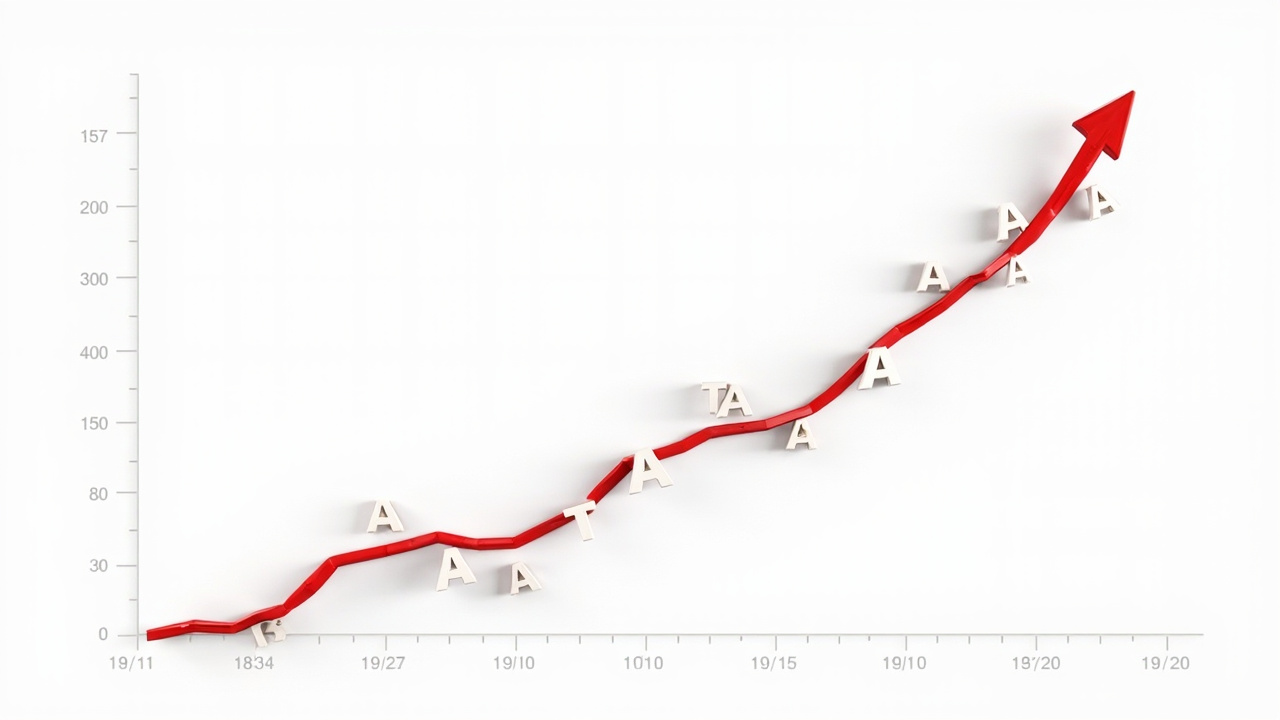China's Rare-Earth Export Controls Align with Global Standards, Says Official

China's recent export control measures have come under scrutiny, but officials assert that these actions align with global standards and are non-discriminatory. A spokesperson from China's Foreign Ministry clarified that the measures are not aimed at any specific country.
These comments were made by Lin Jian, the Foreign Ministry spokesperson, in response to media inquiries about reports indicating that Suzuki's production of small cars in Japan has been halted due to delays attributed to China's restrictions on rare earth exports. This incident marks a significant first for Japan's automotive industry.
He Yongqian, from China's Ministry of Commerce, addressed concerns regarding the perceived sluggish approval process for rare-earth export permits, which some foreign firms have claimed could disrupt their operations. At a press conference, he noted that rare earths serve dual uses in civilian and military sectors, justifying China’s enhanced export control measures.
He emphasized that the assessment of export license applications follows strict legal frameworks, and reassured that suitable applications would be processed to facilitate lawful trade. The intention is to ensure that exports do not compromise national security.
Zhou Mi, a prominent research fellow, supported this stance by stating that China's system for rare-earth export management is a lawful step towards refining oversight and mitigating potential risks. He affirmed that these practices are consistent with international norms.
In this vein, China’s new regulations governing dual-use items will take effect on December 1, 2024. The regulations aim to promote international peace while balancing security with economic development.
Addressing further questions regarding China's export controls, He reiterated that such measures are a common international practice, necessary for safeguarding regional stability. China's commitment to these controls reflects its role as a responsible global player.
Additionally, He commented on the recent US halt of ethane exports to China, linking it to retaliatory measures against China's rare earth governance. He expressed that this undermines diplomatic consensus established during prior negotiations.
He conveyed China's dissatisfaction with these actions, urging the US to reverse its measures. He pointed out that any continuation of such practices would provoke a strong response from China aimed at protecting its interests.
Zhou further criticized the US decision as a politically motivated act that goes beyond legitimate trade practices, labeling it a discriminatory approach undermining mutual trust in international trade relations.
Li Yong, another senior analyst, echoed this sentiment, highlighting the potential for improved US-China relations following recent dialogues. He urged the US to consider cooperative paths moving forward.
Read These Next

Mortgage Demand Declines for Third Consecutive Week Despite Falling Interest Rates
Analysis of recent mortgage demand data highlighting the impact of interest rates and consumer sentiment on the real estate market.

CBO: Trump tax bill to increase deficits by $2.4 trillion
The CBO's estimates on Trump's tax bill indicate a potential addition of $2.4 trillion to the national deficit, stirring significant debate on fiscal responsibility and its implications for investors and the economy at large.

Changan Automobile Restructures as Independent Central SOE: Major Industry Shift!
Changan Automobile will restructure into an independent state-owned enterprise to enhance efficiency and competitiveness in the market.
